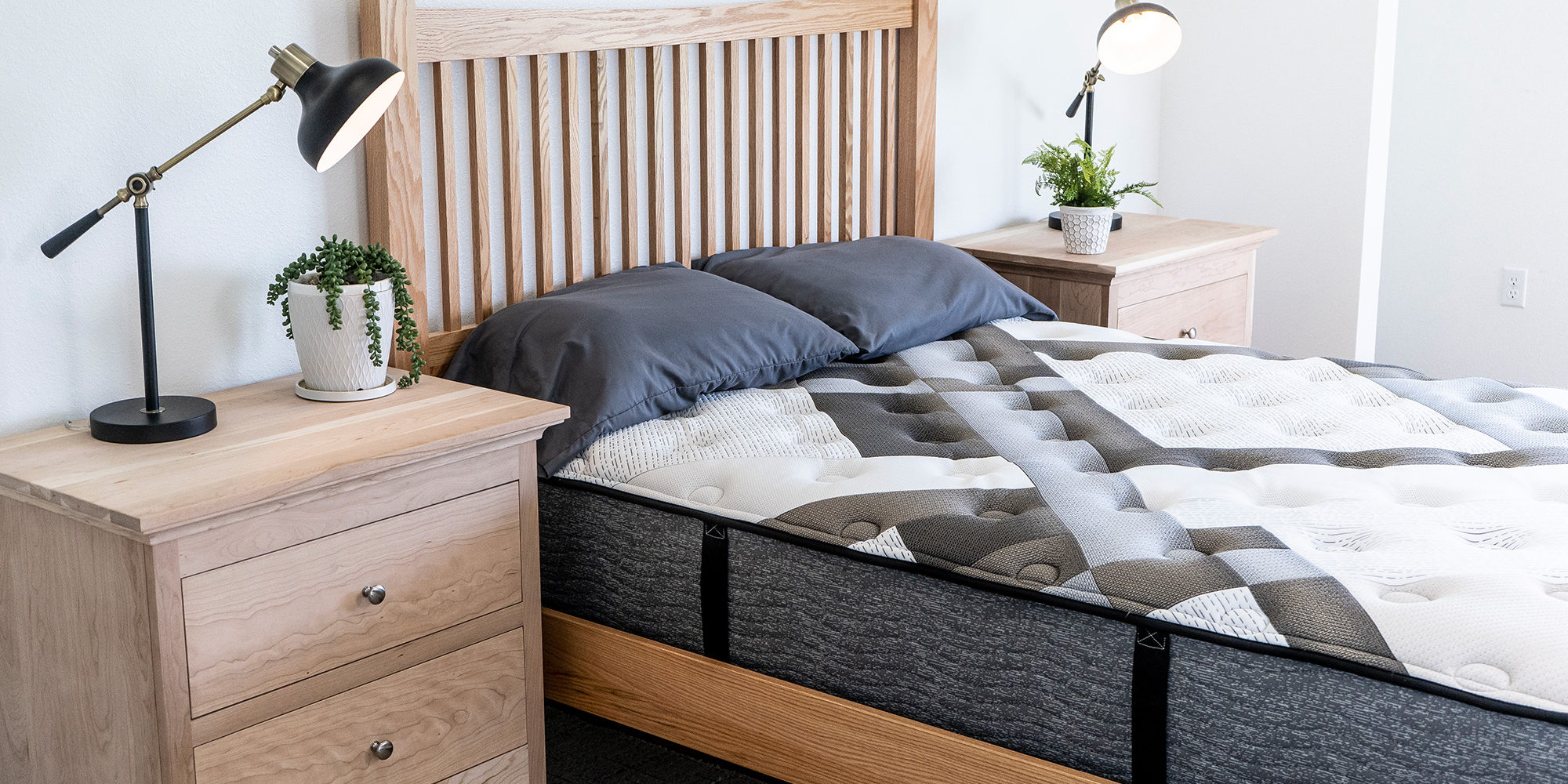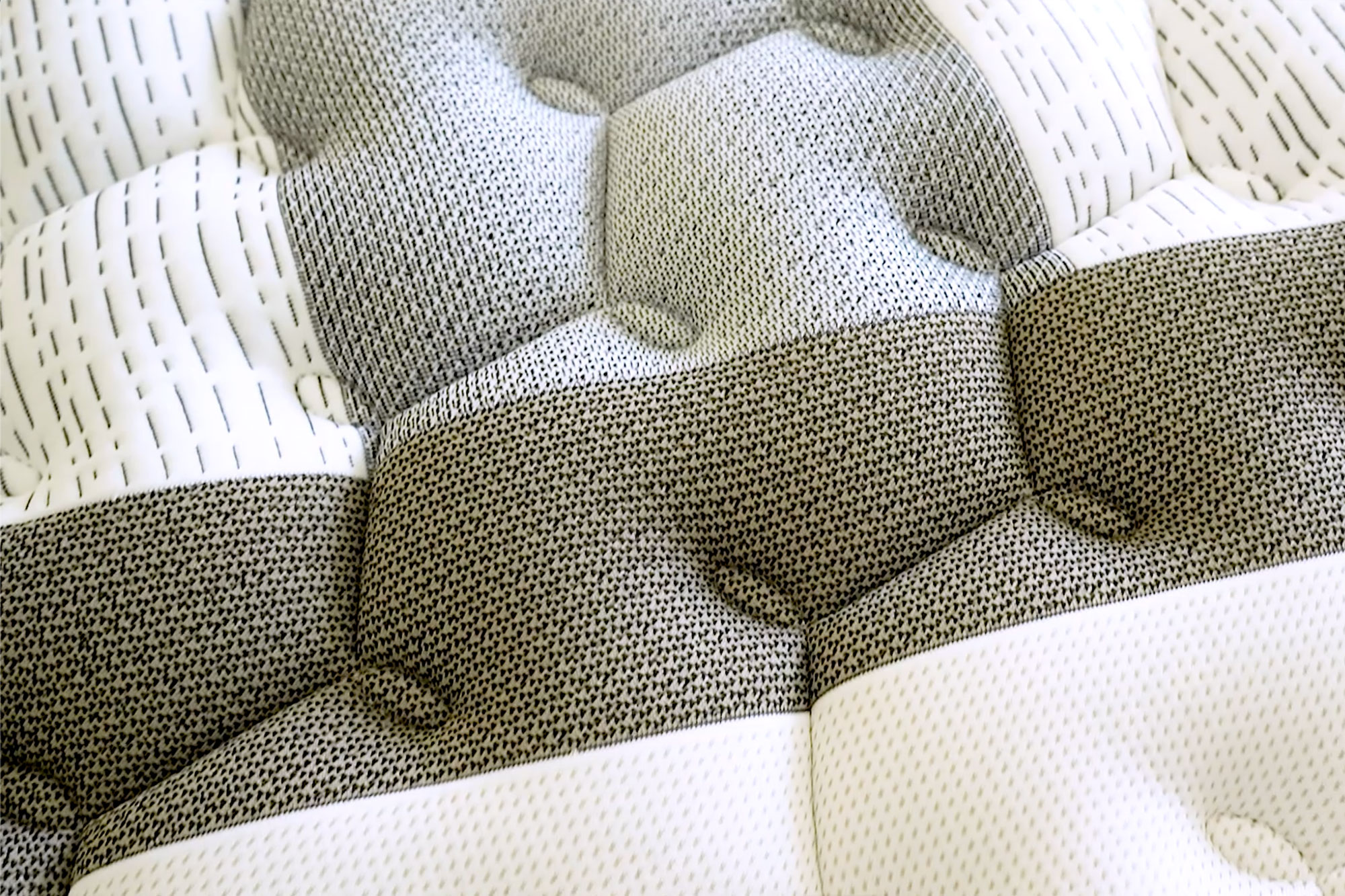How you live during the day can affect your sleep, too. Not just those times you are ready for bed.
Be consistent in your sleep schedule, even on vacations
- An average of 7-8 hours still is valid, but oversleeping can also be problematic
- Don’t sit or lay in your bed for anything outside of your bedtime routine
- The hour before you sleep should be low energy, relaxed, and quiet
- Don’t go to bed unless you’re sleepy. If you don’t fall asleep after 20 minutes, get up. Do a quiet activity that doesn’t require much light exposure
- Adults – Limit naps if you have trouble sleeping at night unless you work night shifts
Create a quiet, dark, relaxing space at a comfortable temperature
- Remove electronic devices, and stay off of them at least 30 minutes before you plan to go to bed
- Have a hot shower or bath before bed
- Cooler temperatures
- Limit bright light exposure
- Use blackout curtains
- Get a weighted blanket
- If you’re a light sleeper add white noise
Avoid eating and drinking non-water beverages a couple of hours before bed
- No alcohol, caffeine/nicotine/stimulants in the afternoon or evening (caffeine can last up to 8 hours)
- If you must eat, make it a light healthy snack
- Reduce fluid intake before bed
- Have your last meal two hours before bed
What to do during the day
- Being outside helps the most, but being intensively physically active for at least 30 minutes will help.
- Bright lights in the workspace
- Stress management


